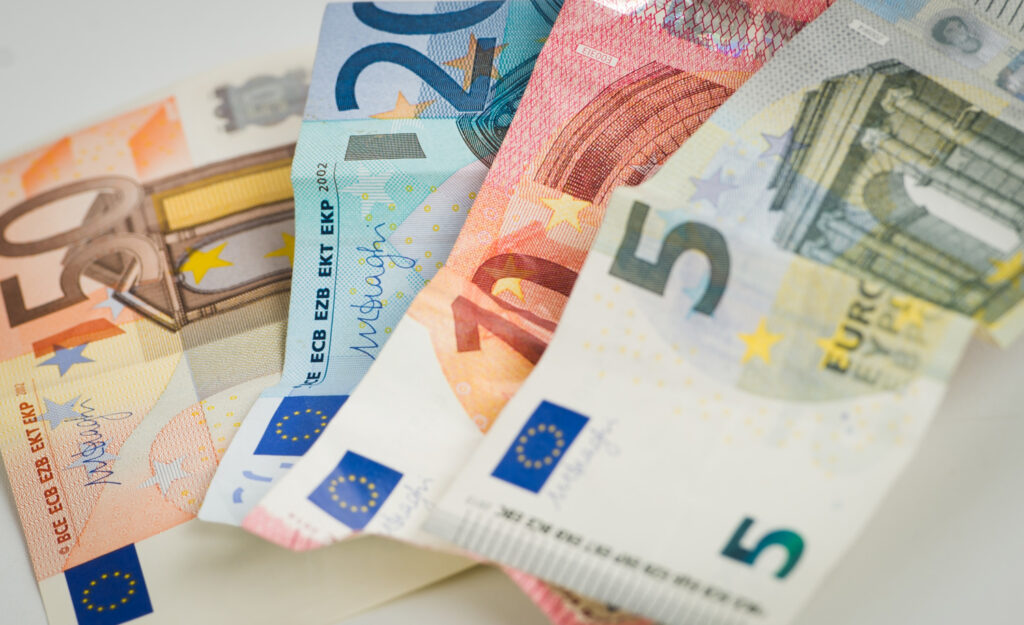Major European banks, especially some Belgian ones, continue to hide fees behind inflated exchange rates when making cross-border payments, Wise reported on Tuesday.
The markups range from an average of 1.06% in Hungary to 2.58% in Estonia, compared with 1.61% in Belgium, the technology company notes in a study covering banks in seven European countries.
Transparency about the cost of a cross-border payment is a legally protected right in the European Union, Wise points out. Since 2020, service providers must communicate “in a clear, neutral and comprehensible manner” the estimated total amount of the transfer in the currency of the payer’s account, including any fees.
The Wise study looked at payments from 25 banks in seven countries: intra-EU payments from Estonia, Spain, Lithuania, Belgium, Germany and Hungary, and sterling-to-euro payments from the UK.
It found that 92% of institutions “continue to obstruct” this access to information and sometimes conceal charges in the form of inflated exchange rates; 20% give no information on the exchange rate used at the time of transfer and 72% present their own mark-up instead of the average market rate.
“This mark-up is not communicated as a cost to the consumer,” Wise notes. “It is common in the banking sector to advertise low or no fees, when in reality banks are hiding additional costs in the form of an inflated exchange rate.”
According to the study, which analysed the situation at four banks in Belgium, only ING is fully transparent and discloses all fees, unlike Belfius, KBC and BNP Paribas. British bank Starling is also among the good performers.
The European Commission had sent a letter to member states in 2021 to alert them to the lack of transparency of some payment service providers.

